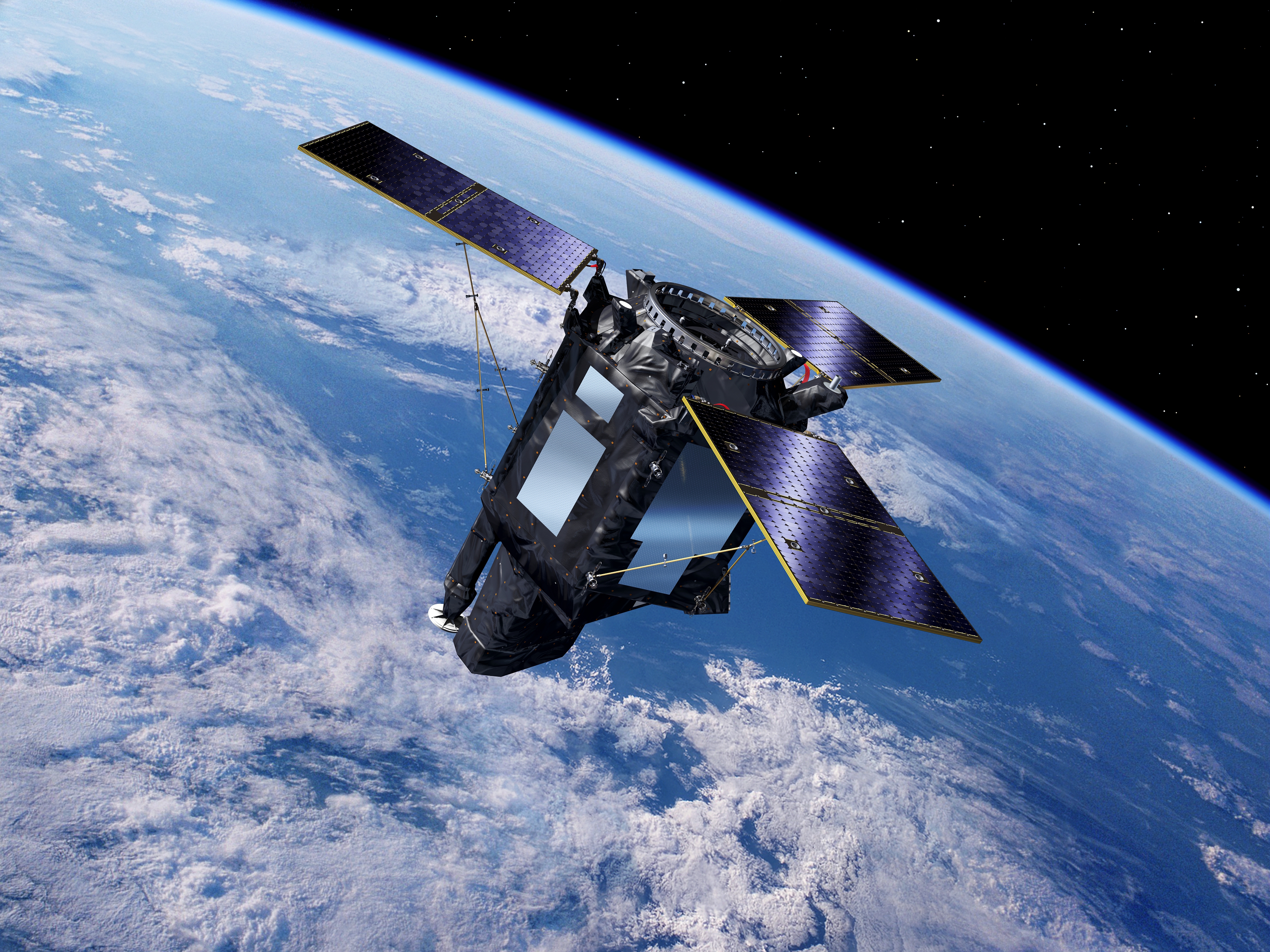RISE launches ESA Phi-Lab Sweden – an investment in AI for space
28 August 2025, 07:20
ESA Phi-Lab Sweden has now been launched to drive the development of artificial intelligence and edge technology in the space sector.
“Intelligent systems in satellites allow us to enhance climate monitoring, disaster management, agriculture and communication, to name a few. ESA Phi-Lab Sweden is proof of what can be achieved when research, industry and international partners collaborate," says Malin Frenning, CEO at RISE.
The initiative is part of the European Phi-Lab network and is being implemented in close collaboration with RISE, the European Space Agency (ESA), Vinnova, the Swedish National Space Board, the Royal Institute of Technology (KTH), the Institute of Space Physics (IRF) and the Swedish Space Corporation (SSC).
“Sweden's new responsibility for a node within ESA Phi-Lab Net, focusing on AI and Edge Learning, promotes international knowledge exchange and innovation in space data and its applications. This contributes to a safer and more sustainable future, while strengthening Sweden's competitiveness in a strategic technology area,” says Anne Lidgard, Director, Senior Advisor at Vinnova.

Earth observation satellite. Photo: ESA, P. Carril
Over the next six years, ESA Phi-Lab Sweden will serve as a programme office, offering test environments and demonstration opportunities for companies and researchers. The investment of just over €5.2 million is jointly funded by the ESA and Sweden through Vinnova, with support from the Swedish National Space Board. The goal is to develop technology that can be used directly in satellites and space systems, making them faster, more autonomous, and more efficient.
“In the short term, this will enable us to perform AI-based analyses in space, eliminating the need to send data back and forth to Earth. Faster analyses will reduce the risk of collisions in space and improve our response to natural disasters”, says Tobias Edman, Head of Data Platforms and Systems at RISE.
“In the long term, our vision is to have fully autonomous robots in the asteroid belt that can extract minerals, assist with space travel and build space infrastructure,” says Tobias Edman.
The establishment of ESA Phi-Lab Sweden is a strategic investment that will strengthen Europe's position in the global space sector and give Swedish companies access to new opportunities in research, innovation, and business development.
“With ESA Phi-Lab Sweden we aim at further exploiting the capabilities offered by AI and Edge Learning and transfer them into commercial space applications and services. ESA Phi-Lab Sweden will act as a reference center for industrial entities pursuing the use of AI in Space, e.g. Earth Observation, resilience to climate change and natural disasters, satellite communication, security, and much more,” says Philip Thomas, Head of ScaleUp Programme Division at European Space Agency.
Press contact:
Niklas Jälevik, Head of Media Relations, niklas.jalevik@ri.se